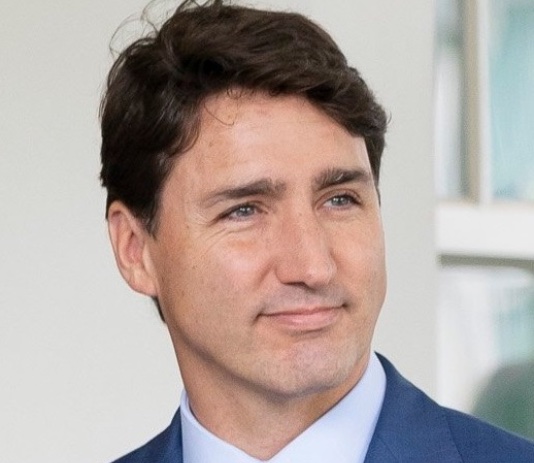By Alberto Calvi –
Canada has launched its long-awaited Indo-Pacific strategy, spending $1.7 billion to boost cyber and military security in the region. Canada to enforce foreign investment rules to protect intellectual property and prevent Chinese state-owned companies from hoarding mining materials
The government seeks to deepen ties with the Indo-Pacific region by engaging with partners such as the US and the EU. Canada belongs to the group of seven major industrialized nations.
Prime Minister Justin Trudeau’s Liberal government wants to diversify trade and economic ties that depend heavily on the United States, and official data from September showed bilateral trade with China was less than 7 percent of the total, compared to 68 percent with the United States.
Sino-Canadian relations have taken a downward spiral in recent years, mainly because Ottawa abandoned its longstanding policy of cooperation and engagement with China. Tensions with China escalated after Canadian police arrested Huawei Technologies executive Meng Wanzhou in late 2018, leading Beijing to arrest two Canadians on espionage charges. All three were released last year, but relations between the two countries remain tense.
The Canadian government’s tough stance on China and allegations that it undermines national security interests and the interests of partners in the region, as well as its decision earlier last month to order Chinese investors to withdraw economic commitments for three lithium mining companies. Tougher rules on Canadian foreign investment have led to further deterioration of relations with China.
Canada will strengthen its naval presence in the Indo-Pacific region. This includes the deployment of three warships annually, up from the current two, and the participation of Canadian airmen and soldiers in regional military exercises.

“Total coffee junkie. Tv ninja. Unapologetic problem solver. Beer expert.”


